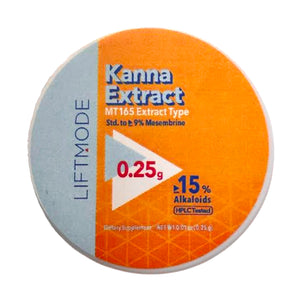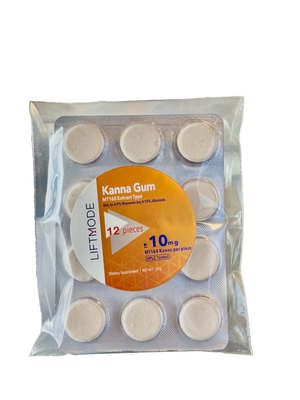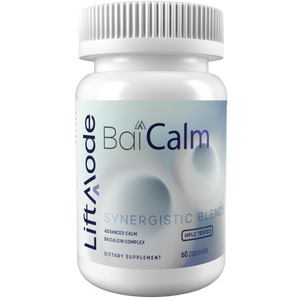The role of antioxidants in our health
Research has shown that exposure to a poor diet and environmental factors including pollutants such as cigarette smoke, air pollutants, and industrial chemicals causes the production of unstable molecules known as free radicals. [1] These molecules can cause damage to our cells and have been linked to increased risks of cancer and cardiovascular disease.[2] Antioxidants play an essential role in removing these free radicals that would otherwise build up in our bodies. Unfortunately, our day to day exposure to pollutants coupled with poor dietary choices is on the rise which increases our demand for antioxidants, especially glutathione.What makes Glutathione special?
Glutathione differs from most other antioxidants because it is produced and found in all cells but is found in its highest concentration in the liver. [3] In the liver, its main function is to assist in the removal of toxins. In addition to this function, glutathione is also essential for cell division, DNA repair, and enhancement of our immune systems. [4] Glutathione has been shown to play an essential role in protection against illness. In a Lancet study, it was found that glutathione levels were highest in healthy young people, lower in healthy elderly, lower in the sick elderly and the lowest of all in the hospitalized elderly, highlighting its essential role in protecting against illness. [5] In a study comparing healthy individuals to those suffering from cardiac disease, glutathione deficiency was shown to be significantly related to cardiac function. Those suffering from cardiac disease had significantly lower glutathione levels compared to healthy individuals, highlighting yet another important role of glutathione in supporting a healthy circulatory system. [6]Conclusion - What is Glutathione?
In summary, glutathione is an extremely important antioxidant that plays an essential role in supporting our immune systems and removing toxins that build up naturally in our bodies. Unfortunately, our levels of this antioxidant can become depleted due to a variety of factors including a poor diet, stressful day to day lifestyles and exposure to environmental pollutants. It can be concluded that lower levels of glutathione correlate with poorer health outcomes and therefore maintaining adequate levels of this antioxidant is incredibly important. One of the best ways to ensure adequate glutathione levels is to consume foods that naturally boost its production. Key nutrients that are needed to make glutathione include sulfur, selenium, and vitamin C.[7] Consuming a variety of foods including broccoli, cauliflower, brazil nuts, peppers, chilli, citrus fruit and spinach will fuel your body to naturally produce this incredible antioxidant!Medical Disclaimer
Not intended to treat, diagnose, or cure any disease or ailment. Please read and fully understand the potential adverse effects before using this product. These statements have not been reviewed by the FDA and are not written by a medical professional. Please consult your doctor before using any supplements, especially if you have any medical conditions.
Michaela
BSc(Med)(Hons) Nutrition & Dietetics Researched & written by Michaela and verified by the Liftmode.com Research Team




